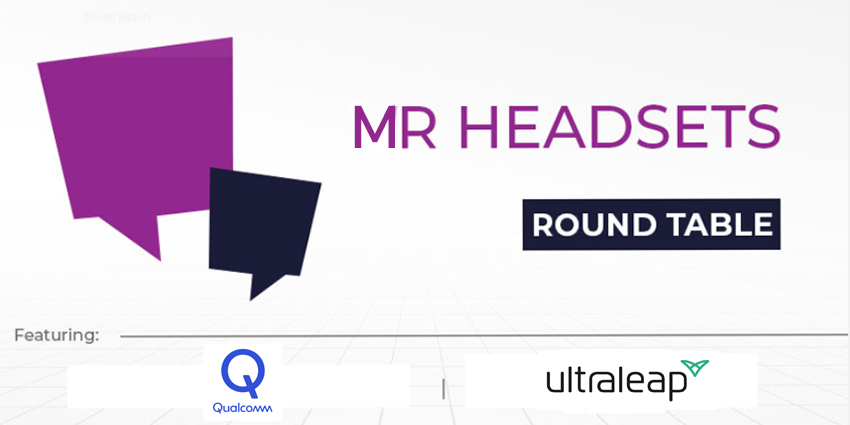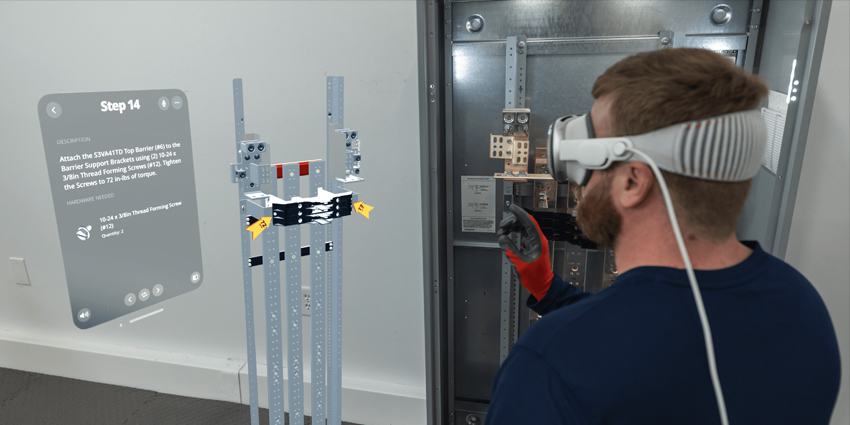Meta reportedly plans to lay off thousands of workers in a second round of redundancies, a Bloomberg report alleged on Monday.
The publication stated that employees of the Menlo Park-based company could face the cuts this week. This follows the initial round of 11,000 employees, or 13 percent of its workforce, that lost jobs in November last year.
Sources cited in the report had requested to remain anonymous as they were discussing internal matters. A Meta spokesperson has declined to comment to the media, the report added.
Rumours surfaced after Meta stated in its fourth quarter (Q4) reports its expenses had skyrocketed 22 percent, or $25.8 billion. The tech giant faces several major issues, including Apple’s upgraded privacy and cookies tracking rules and tougher restrictions on advertising.
The news comes after Mark Zuckerberg, Chief Executive and Founder, Meta, explained that 2023 would become the “Year of Efficiency,” adding it would focus on becoming a “stronger and more nimble organization.”
The company would also consolidate its real estate properties under lease and the initial round of layoffs. Meta said that the impact of severance pay and personnel costs for Q4 were “not material” after offsetting the expenses with lower payrolls, bonuses, and others.
It would also focus on developing “next generation data center design,” without providing further details.
The Leak and the Media
The news comes after similar media reports, citing sources, have accused Meta Platforms of initiating changes in the company. Meta would later prove these rumours as false.
For example, online publication The Leak reported in late November last year that Zuckerberg planned to resign as CEO of the tech company. This triggered a wave of reports across news headlines echoing similar speculation.
However, the publication later retracted its initial headline after Meta hit back, stating the leaked information was false. The Leak then changed the story headline from “Mark Zuckerberg is set to resign next year” to “A Leak States Mark Zuckerberg is set to resign next year.”
Author Marssad Siddique added: “However, given our understanding of the source and the quotes we’ve obtained, we continue to stand by the information presented in the report.”
The story alleged that an “insider source” familiar with Meta’s plans had leaked information that “Zuckerberg is set to resign next year.” The story added that Zuckerberg had “decided to step down himself” and that the plans would “not affect metaverse” plans in the company.
Siddique’s scathing article also stated Zuckerberg’s metaverse ambitions were “risky,” and that the recent leak “makes sense in the context of immense investor pressure.”
His article also assumed that Meta’s response that his alleged resignation would “make sense for this to simply be a PR move,” citing increasing tensions with investor firms like Altimeter Capital.
Siddique concluded: “Although he’s withstood similar pressures multiple times over the years, Metaverse’s overestimation of public interest in virtual escapism might be the endgame of Zuckerberg’s long-standing reign.”
Despite these comments, Siddique later admitted that Andy Stone, Meta’s Policy Communications Director, verified that Zuckerberg was not leaving the company.
A Call For Calm
Demond Cureton, Senior Journalist for XR Today, analysing speculation on Meta’s alleged further round of job cuts.
The rumours surrounding Meta’s potential layoffs come via ‘unnamed sources’ that have not been verified. This contradicts previous direct announcements from the company in November of the 11,000 employee layoffs.
Although Meta Platforms may potentially follow through with the plans as per Bloomberg’s report, it has not guaranteed such actions. The Leak’s report is a perfect example of hype cycles gone wrong, leading to confusing data on an enterprise’s operations and creating a snowball effect in the mainstream media.
Companies must verify their plans internally and announce them publicly, or media outlets must create caveats to retain objectivity. Failing to do so could generate a ‘storm in a teacup’ and damage reputations.
Only time will tell whether Meta will follow through with its plans with a further announcement of layoffs. Bloomberg did accurately announce the initial round of layoffs in late September last year, but sourced the actual memo from Zuckerberg at the time.
At Meta’s meeting in November, Zuckerberg stated the firm launched substantial workforce cuts to “minimize the chance of having to do broad layoffs like this for the foreseeable future.” This does not confirm or deny that further layoffs will take place, but it is still key to note Meta announced the news firsthand at its investors’ call.
It is critical to apply a ‘wait and see’ approach to this specific update as people’s livelihoods are at stake.
Which Metaverse Is at Stake Here?
Meta Platforms has been battling with investors due to the company’s pivot to the metaverse in October 2021. Despite this, the tech giant has consistently cited research and development (R&D) costs and the ongoing tech crisis as its primary concern, with lower-than-expected sales as a secondary concern.
Media speculation has unfortunately equated Zuckerberg’s vision of the Metaverse, namely coming from a social media background, as the Metaverse itself. This is an erroneous assumption that the consumer metaverse will take precedence over the enterprise and industrial ones.
The latter two have received widespread acclaim and exponential adoption rates compared to the consumer metaverse, which, by Zuckerberg’s admission, will take years to take off.
Zuckerberg aimed to begin building the infrastructure for the social media metaverse with existing technologies, which significantly raised R&D costs for the embattled firm.
This places Meta Platforms at the mercy of its primary customer base — social media — which remains the most volatile market to date for emerging technology use cases and long-term profitability. This is evidenced in profit losses for Snap, Tencent, and Microsoft, among others.
The Metaverse and the Age of the ‘Sacrificial Lamb’
Articles on the Metaverse referencing Zuckerberg’s developments as the de facto builder of the Metaverse must consider that consumers will be the last to adopt the Metaverse en masse.
This is due to ongoing concerns over hardware form factors, the need for metaverse standards, unclear metaverse law and ethics, high price points for devices, and interoperability, and a lack of profitable consumer use cases.
World-renowned futurist Bernand Marr has outlined seven of the top challenges for the metaverse to date, many of which pose significant risks to consumer markets.
Furthermore, as prices lower for headsets, software, and solutions, organisations and firms outline their standards for metaverse technologies, and people find reasons to adopt such technologies, consumers are highly likely to remain on augmented reality (AR) via their smartphones — the largest platform for immersive content.
Setting Healthy Goals
As the market develops, companies will need to set realistic expectations for tangible, incremental, and consistent results. This is exponentially easier in the industrial and enterprise markets, but substantially challenging for consumers. The primary objective for brave enterprises venturing into the consumer metaverse is to strike a balance between its R&D costs, its consumer base, global regulators, its competitors, and its shareholders.
This is an extremely difficult task to achieve and Meta understands this amid its current challenges. After Meta’s 11,000 layoffs, fuelled by unexpected obstacles amid its upscaling metaverse ambitions following COVID-19, the firm is likely to strategise with a much more conservative approach, basing its gains on enterprise adoption.
This is the reason for its recent price cut of the Meta Quest Pro to $1,000 USD, and its shift to the enterprise metaverse to bring a more measurable, quantifiable market to fruition.
Meta said in its recent press release:
“Our goal has always been to create hardware that’s affordable for as many people as possible to take advantage of all that VR has to offer. […] by lowering the price of Meta Quest Pro, we’re making our industry-leading Meta Reality technology and Infinite Display optical stack available to even more businesses and professionals around the world”
This $500 USD discount for the Quest Pro is a sound and practical, tactical move by Meta to empirically test adoption rates for the fastest-growing vertical for XR. Again, only time will tell whether it has proved effective.
The views in this analysis piece are solely those of the author and do not reflect the XR Today brand, its partners, or affiliates.







